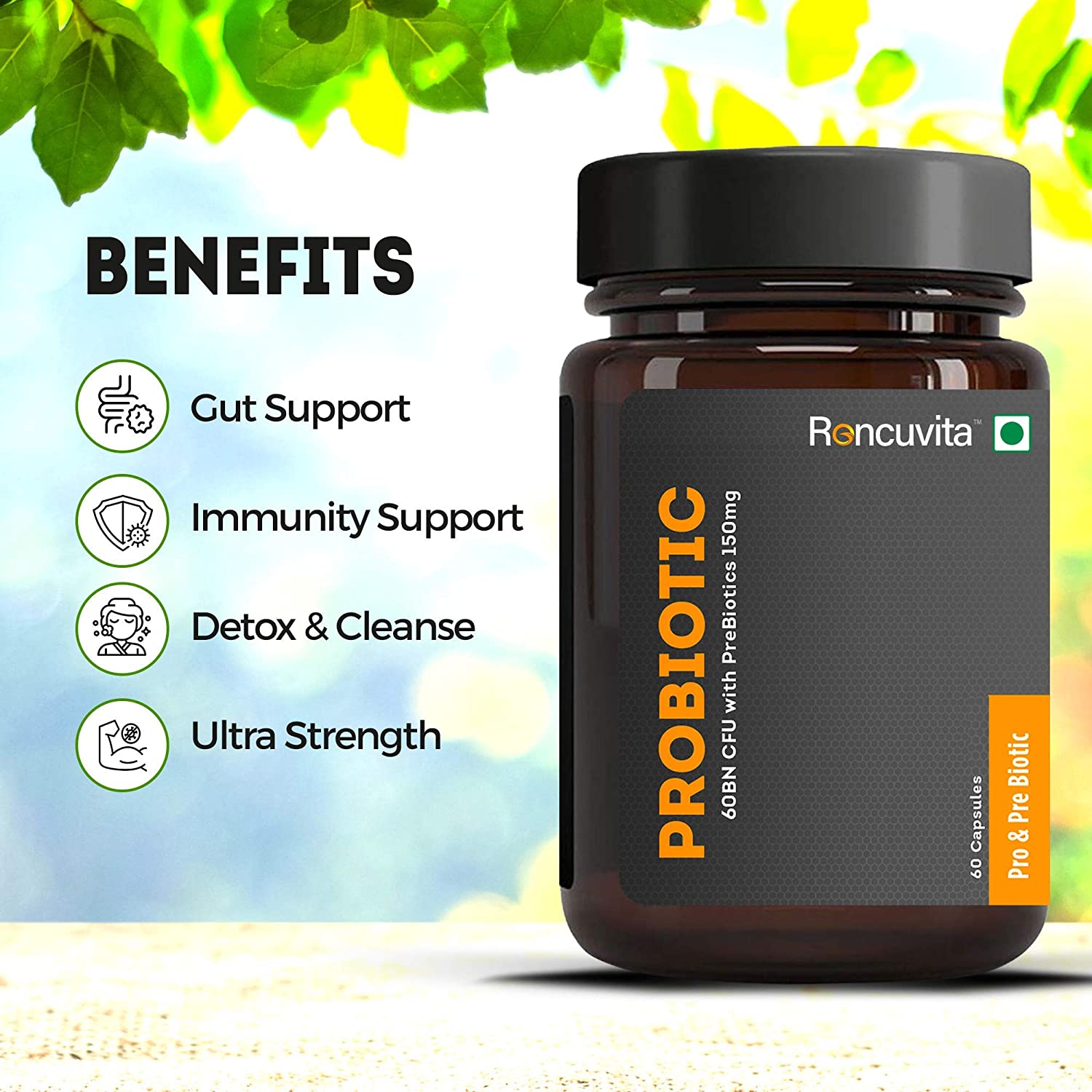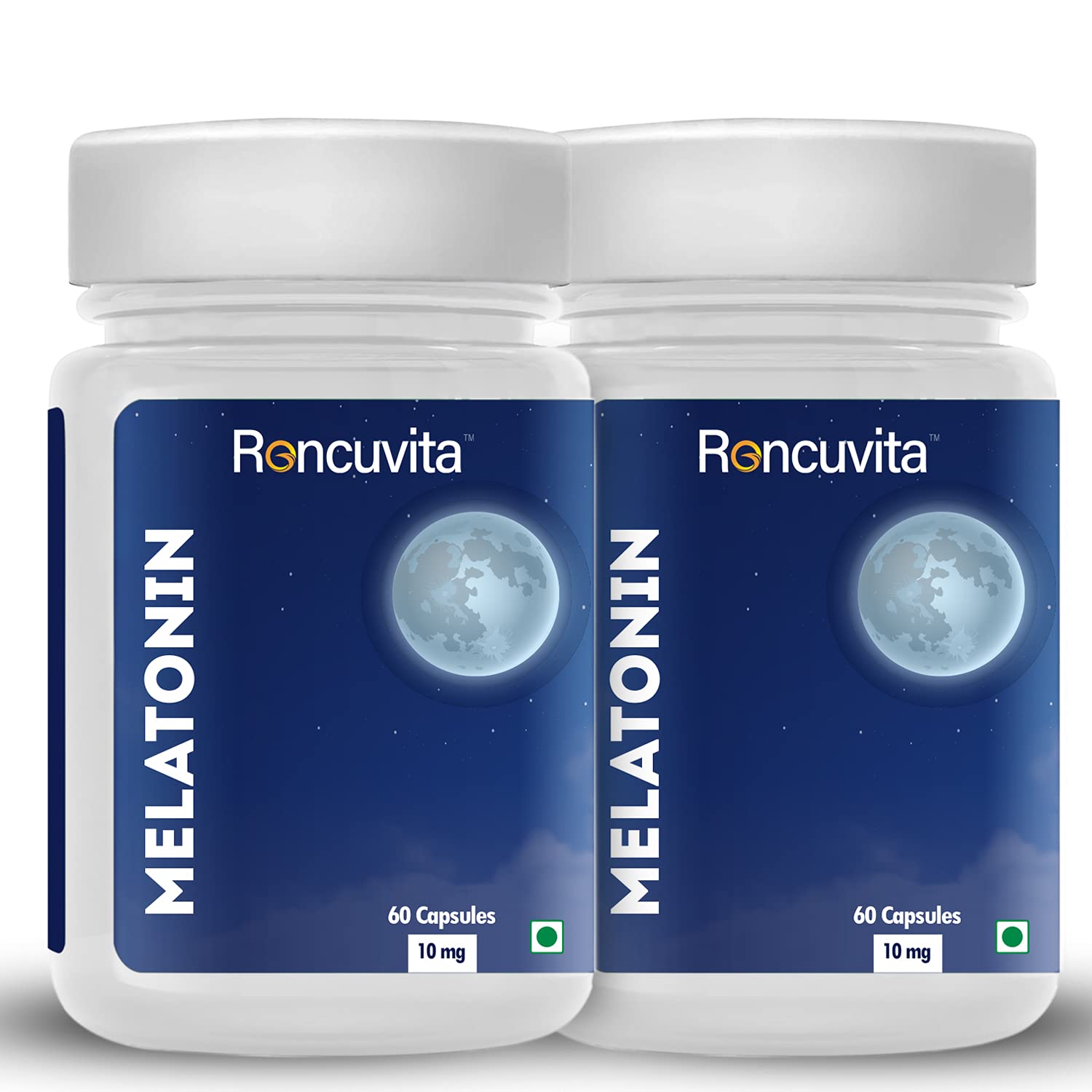6 Best Probiotics for Women

The best probiotics for women depends on the person’s health goals because different bacteria do different things. For example, bifidobacterium and lactobacillus may help with gut health.
This article discusses what probiotics for women are and some of the best types for females to try.
What are probiotics?
A probiotic is a live microorganism that may benefit a person when consumed in the right amounts. According to an article in Advanced Nutrition, probiotics mainly consist of bacteria, but some yeasts could also be probiotic.
Probiotics live throughout the body and are especially prevalent in the digestive tract, where they may inhibit the growth of harmful microorganisms. Gut bacteria also have many other functions, including supplying essential nutrients.
Imbalances in bacteria happen for several reasons, including:
- chronic illness
- a side effect of taking antibiotics
- diet
Probiotics supplement the natural beneficial bacteria in the body, potentially improving health. But research on the effectiveness of probiotics treating various illnesses is not conclusive.
Some studies suggest that probiotics may help with conditions such as:
- antibiotic-related diarrhea
- obesity
- IBS
- atopic dermatitis
When choosing a probiotic, look out for the specific strain of bacteria that the probiotic contains rather than the brand name, as different strains serve different functions.
Experts note that Lactobacillus species may help alleviate symptoms of antibiotic-related diarrhea. Other probiotics, such as Saccharomyces boulardii CNCM I-745 or a mixture of L. helveticus R52 and L. rhamnosus, could ease the side effects of the medicine that treats H. pylori stomach infections.
People seeking a probiotic should research the strains of bacteria that are best for their condition then choose a probiotic that contains a high number of those strains.
Most probiotic manufacturers measure bacteria count according to colony-forming units, or CFU. A higher CFU number means the product contains more bacteria.
Probiotics for digestive health
Healthy gut bacteria feed on fiber and some other prebiotic foods, so eat a diet rich in high-fiber foods such as fruits and vegetables.
To improve digestion, choose probiotics supplement known to support gut health, such as Lactobacillus and Bifidobacteria species. The L. rhamnosus GG strain, in particular, has many protective factors that may benefit gut health, for example, inhibiting the growth of some salmonella bacteria.
Taking probiotic supplements containing bacteria of the Lactobacillus subfamily have been shown to reduce fat mass.
However, the same doesn’t apply to all Lactobacillus species. Some studies have linked L. acidophilus with weight gain.
You can shop for probiotic supplements at many grocery stores, as well as online.
The bottom line
Numerous techniques can aid your weight loss goals.
Some of the above tips are purely dietary, involving eating more protein or cutting back on added sugar.
Others — such as improving sleep quality or adding a workout routine — are more lifestyle-based. For example, chewing more slowly is one step you can take to institute mindful eating.
If you implement a handful of these tips, you’ll be well on your way to your weight loss goals.
If you implement a handful of these tips, you’ll be well on your way to your weight loss goals.

How to decide which pillow to buy?
- Pillow is essential to keep the neck in a supported position with neutral alignment throughout sleep. Lets find the best pillows with this post

Nutrigenomics Market Future Demand, Top Leading Players, Trends and Forecast to 2027
- A comprehensive overview of the Nutrigenomics Market is recently added by UnivDatos Market Insights to its humongous database.

Wellness advantages of ayurvedic badam roghan oil
- Ayurvedic badam roghan oil for immune system also help to boost your immunity system.

How Melatonin Can Help You Sleep and Feel Better
- Helpless rest can drain your energy, bring down your profitability, and increment the danger of infections, individuals